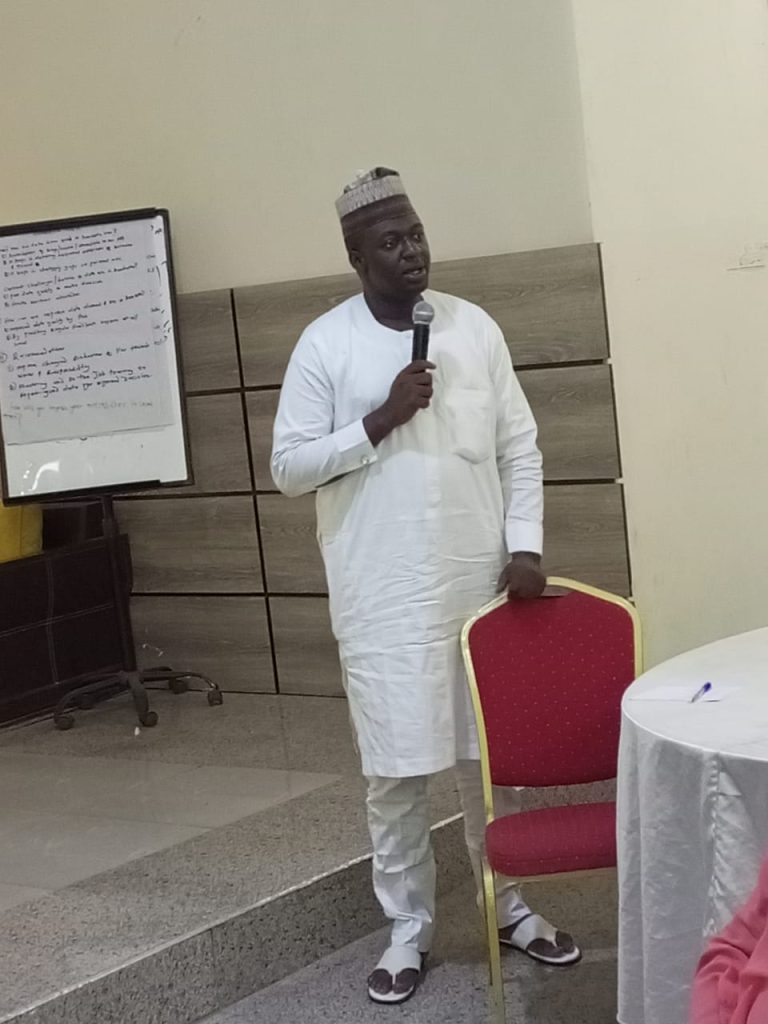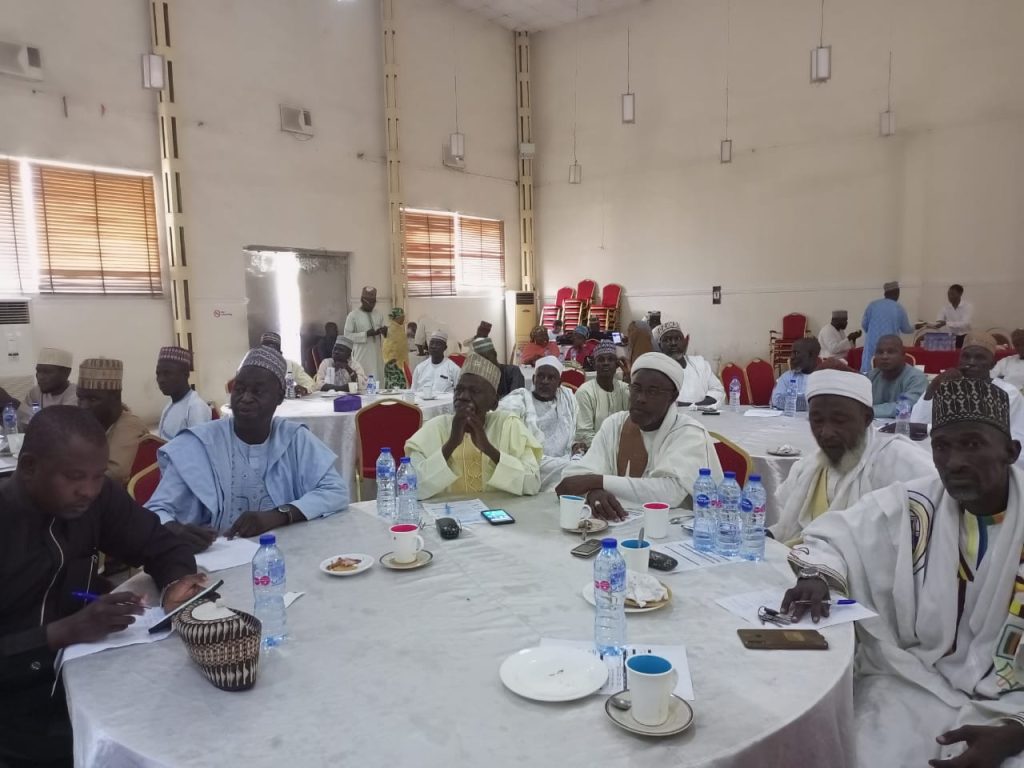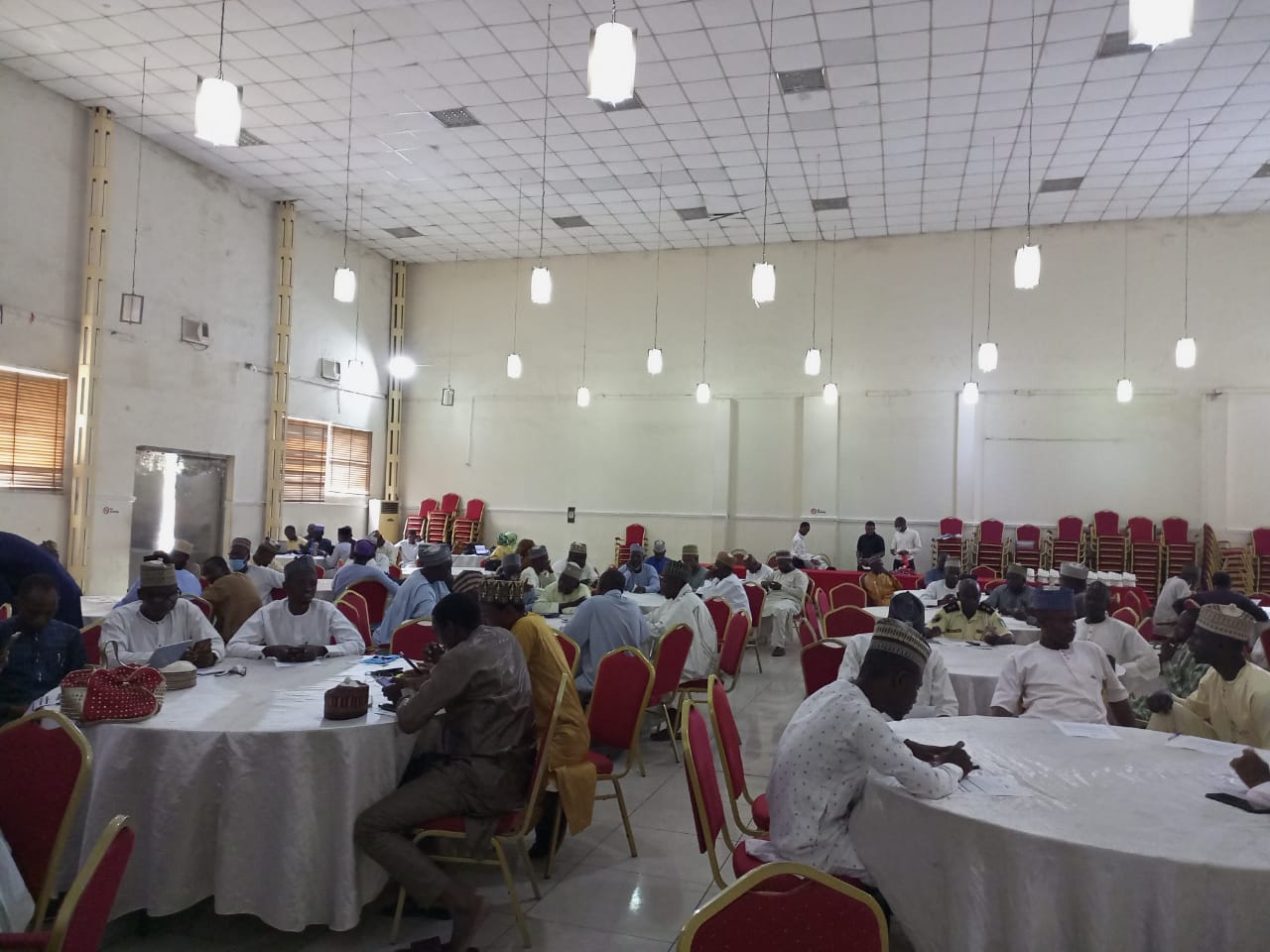
Traditional barriers, social and cultural norms, poverty, health and sanitation have been identified as some of the major challenges to girl child education.
A lecturer with the department of Adult Education and Community Development, Bayero University Kano, Dr. Auwal Halilu, made the assertion during a town hall meeting on Alternative funding for girl child Education Initiatives, organized by Partnership to Engage, Reform and Learn (PERL) in Kano.
In his paper titled “Overview of Girl Child Education in Kano State: Prospects and challenges” Dr. Halilu attributed emerging barriers such as insecurity and covid-19 to the low turn out of girls in schools.
He pointed out that introducing laws that protects the girl child, quality healthcare, providing opportunities for female school drop outs and employing qualified teachers would go a long way in boosting girl child education.
“Key stakeholders include schools, students, teachers, international and local development partners, Government at all levels, communities have a major role to play in promoting girl child education”

In his remarks, the state team leader of (PERL), Malam Isa Surajo charged government to map out policies and programs that will improve enrolment, retention, completion and transition of girl child education.
According to the team leader, research indicates that, government has no adequate resources to cater for the girl child due to the high number of females in the state.
Malam Isa Surajo noted that, the program is targeted towards improving girl child education, good governance and learning outcomes in collaboration with relevant stakeholders.
He maintained that, the alternative funding for girl education Initiatives would focus attention on supporting government, citizens and evidence based advocacy programs to upgrade girl child education.
The team leader decried the rising number of out of school children especially females, stressing the need for communities to work together with relevant stakeholders to increase girl child enrolment, retention, completion and transition to achieve the desired objectives.
“There are a lot of resources in our communities that can be used to upgrade girl child education. PERL will continue to support and collaborate with partners to improve governance and learning outcomes”

Similarly while presenting a paper titled, “Trend Analysis on Education Budget: Implication for Girls Education” the coordinator of Kano budget working group, Comrade Safiyanu Lawal Bichi, explained that girl child education goes beyond getting girls to school but rather ensuring that girls learn and feel safe while in school and gave the opportunity to complete all levels of education.
He said available figures indicated that Nigeria has over 10.5 million out of school children with over three million of the total number in Kano.
He called on CSOs and citizens to follow up and advocate for the implementation of projects which would strengthen and support girl education in Kano state.
“It is also about ensuring that girls learn and feel safe while in school, and have the opportunity to complete all levels of education, acquiring the knowledge and skills to compete in the labour market”

Some of the participants who spoke to Radio Nigeria, Nasiru Yusuf and Zainab Abdullahi Ibrahim expressed optimism for the improvement of girl child Education, urging the government and relevant stakeholders to form a synergy towards provision of qualitative education.
The town hall meeting in Alternative funding for girl education initiatives was attended by participants from various communities, academicians, students, CSOs, journalists and the general public within and outside the state.
KHADIJAH ALIYU
